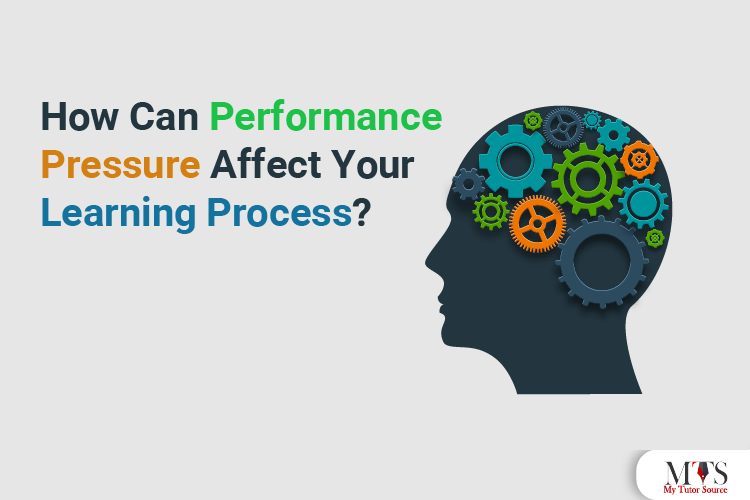

According to a study by Boston University, almost 80 out of 100 students go through a bad mental health phase because of the undeniable academic and performance pressure.
Examinations are one of the most important parts of student and academic life. They are the only reliable way to assess students' academic performance and understanding. However, these examinations have now turned into never-ending stress for students.
Not just examinations, but the constant pressure of syllabus, assignments, and presentations feels like they are fighting a battle for life. According to recent research, almost 40% of the students worldwide are stressed due to the constant pressure of performing well in both academics and examinations.
However, the impact of this performance pressure is not just limited to stress; there are a lot of other drawbacks as well. In this article, we will share how performance can affect the learning process and the overall well-being of students. Keep Reading!
As we have briefly mentioned above, constant academic and performance pressure can badly affect students' mental health. They can go through issues like stress, anxiety, and depression in rare cases. Here are some of the common causes of these conditions:
Apart from these common causes, researchers also found some primary symptoms of the students that go through anxiety and stress related to performance pressure. Here are those symptoms:
After stress and anxiety, self-isolation is the most prominent and significant effect of performance pressure. There are students who are weak and take a long time to understand and grasp the concepts. Unfortunately, other students start labeling and mocking them. Also, peers corner them out and exclude them from group activities and gatherings. When this happens, the anxiety of a pressured student increases more, and he goes through severe social isolation. Here are the symptoms students might show when they are going through social isolation:
Competitiveness is one of the unhealthiest feelings a student goes through, and performance pressure forces the students to do that. Once this starts happening, students won’t be able to handle failures and low scores in academics. They think that scoring good and high scores is the only way to be accepted and treated right in this society. This feeling further indulges them in an unhealthy race of competition; which is not good for their mental and physical health.
To prevent this, both teachers and parents should support the students, motivate them, and tell them that scoring low sometimes is okay too.
Students who go through the wrath of performance pressure and stress are more likely to go towards stimulant abuse. This abuse can include a lot of caffeine intake like coffee, tea, energy drinks, etc. Apart from caffeine, students can start using prescription medications to increase their brainpower, taking relaxants for stress and anxiety, etc. Students can also start using nicotine (tobacco) to improve their memory and attention.
However, there is no denying that stimulant abuse of every kind is extremely hazardous for the overall health and well-being of humans.
According to research, students who go through high-stress levels because of academic and performance pressure can develop a lot of changes in their appetites. They can either stop eating at all or move towards eating unhealthy junk food. Yes, junk food and stress are best friends. There is a reason why junk food is also called “comfort food.” Similarly, they can also stop eating because of the stress and the stimulant abuse they do to themselves.
However, these changes in appetite are definitely not healthy, especially for students who are already struggling. They can develop various health problems that can make them further lack in academics.
Do you know what is the most common misconception students have about exams? They think that studying 24 hours before an exam will make them score high grades. Yes, cramming. However, they don’t understand that last-minute cramming never works. Students need to work on their concepts and doubts throughout the semester, just need a week before exams.
This cramming eventually makes them more stressed and pressurized when they realize they have no idea about a certain concept or subject.
Performance pressure and its effects are real, but that doesn’t mean one has to live with it forever. Here are a few tips to help you overcome the effects of performance pressure, and shine bright as you used to before:
Now, here are some tips for parents that can help them identify and prevent the symptoms of effects of academic stress in their children:
Performance pressure is devastating, and it can leave the students with a lot of adverse health effects. And yes, it can also affect their learning process. Both teachers and parents should work collectively to save students from this feeling. A stress-free environment is a safest and most beneficial environment for students.